All Stories
-
 Life
LifeTibetans live high life thanks to extinct human relatives
DNA shared by modern-day Tibetans and extinct Denisovans suggests people picked up helpful genes through interbreeding with other hominids.
-
 Life
LifeStem cell papers retracted
Researchers who reported easy method for making stem cells admit mistakes mar their work, and have retracted their papers from Nature.
-
 Planetary Science
Planetary ScienceTitan’s origins linked to Oort cloud
The building blocks of Titan may have formed in the early solar system, not from a warm disk around Saturn when the planet was young.
-
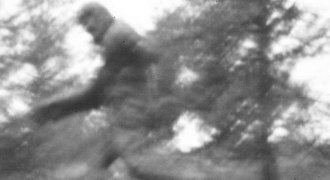 Genetics
GeneticsFinally, some solid science on Bigfoot
DNA analysis finds no Bigfoot, no yeti, two weird bears and one scientist on a quest for the truth.
-
 Health & Medicine
Health & MedicineBone marrow transplant could reverse sickle cell in adults
A relatively mild treatment involving radiation and chemo followed by a bone marrow transplant may treat sickle cell disease in adults.
By Nathan Seppa -
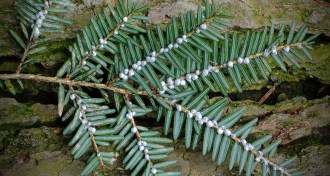 Ecosystems
EcosystemsInvasive insect tied to shrinking river
A river in North Carolina shrank after a hemlock woolly adelgid eradicated eastern hemlock trees in the region.
-
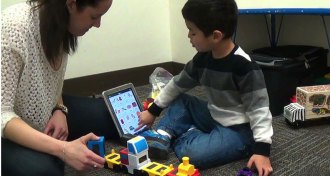 Psychology
PsychologyTablet devices help kids with autism speak up
Talking iPads may help break the near-silence of some kids with autism.
By Bruce Bower -
 Health & Medicine
Health & MedicineKids’ me time may boost brainpower
Unstructured play may give kids more opportunity to exercise their executive function, complex cognitive function that includes resisting impulses and paying attention.
-
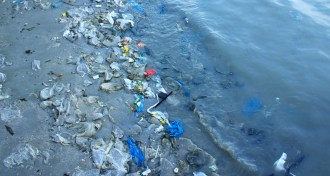 Environment
EnvironmentPlastic goes missing at sea
A survey of the world’s oceans finds far less polymer trash than expected, and researchers don’t know where the rest of the plastic is.
By Sam Lemonick -
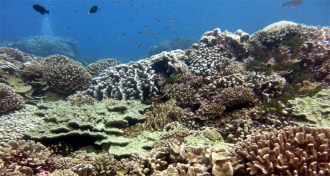 Life
LifeNear reefs, microbial mix dictated by coral and algae
A reef’s dominant organism, coral or algae, may determine what kind of bacteria live there.
-
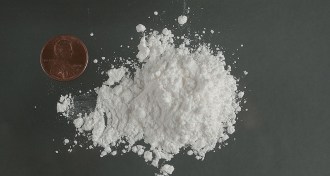 Neuroscience
NeuroscienceA mutated bacterial enzyme gobbles up cocaine
Cocaine is highly addictive, and those attempting to quit often relapse. Modifications to an enzyme that breaks down cocaine could help prevent abstinence setbacks.
-
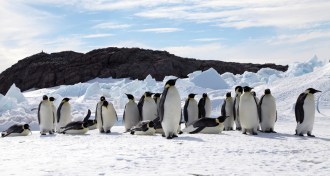 Animals
AnimalsEmperor penguin population could decline by 2100
Emperor penguins’ reign over Antarctic sea ice could be in decline by the beginning of the 22nd century.